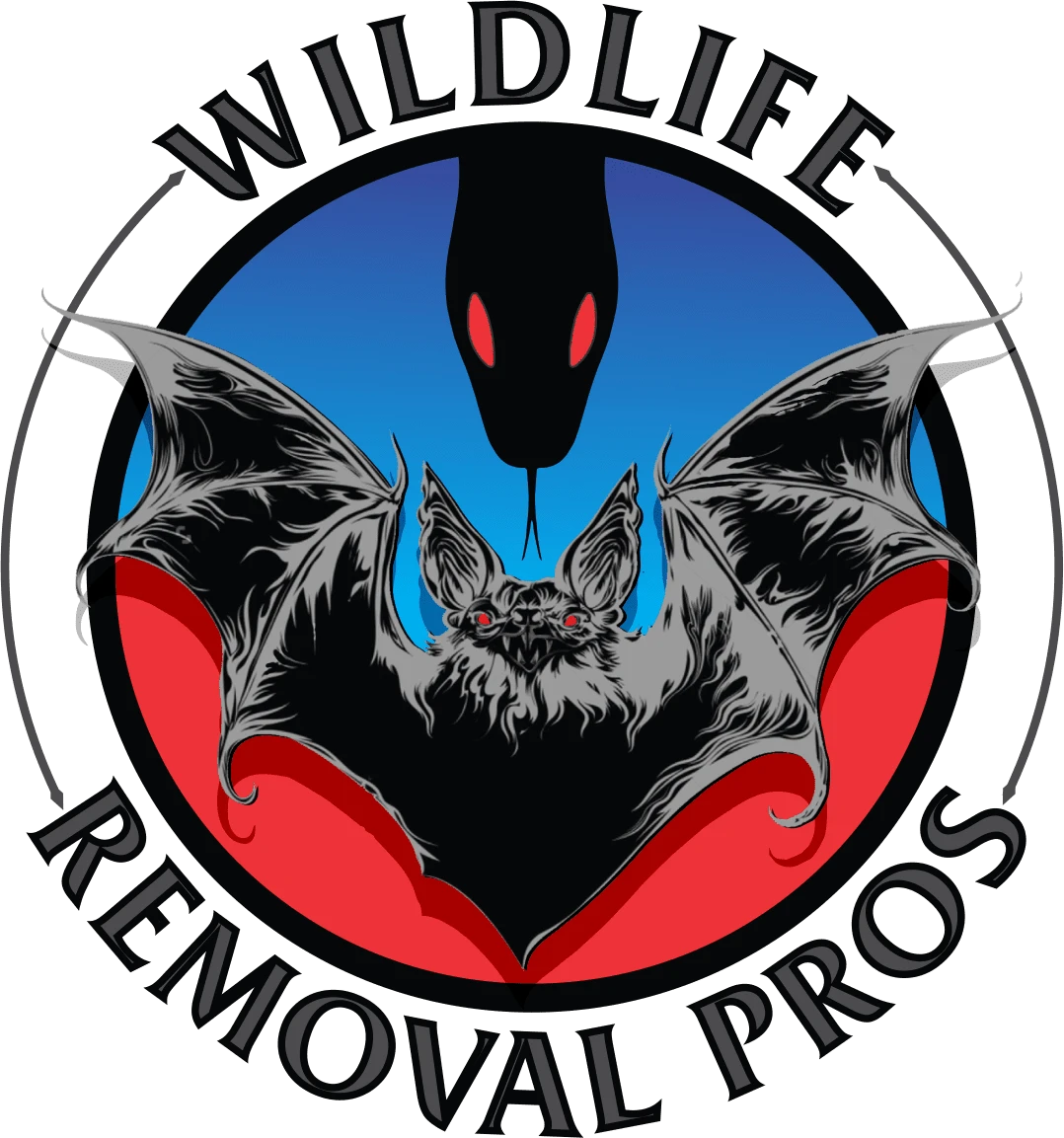The Role of Bats in the Ecosystem and Why They Matter
Bat Conservation in Lexington, KY
Located in the heart of the Bluegrass region, Lexington, Kentucky is not only known for its rich history and horse farms but also for its diverse wildlife. Among the many species that call this area home, bats play a vital role in maintaining the delicate balance of the local ecosystem. As a wildlife control professional in Lexington, we recognize the significance of bats and their contribution to the environment.
Bats as Pollinators
One of the critical roles bats play in the ecosystem is that of pollinators. In Lexington, bats are essential for the pollination of various plants, including those that are economically important to the region, such as fruits and nuts. Bats have coevolved with these plants over thousands of years, resulting in a mutually beneficial relationship. As bats feed on nectar, they inadvertently transfer pollen from one flower to another, aiding in the reproduction and fruit production of plants. Without bats, the diversity and abundance of many plant species in Lexington would be significantly compromised.
Natural Pest Control
Bats are often referred to as nature’s pest control agents, and for a good reason. In Lexington, bats play a crucial role in controlling populations of insects, including mosquitoes, moths, and beetles. A single bat can consume a large number of insects in a single night, helping to keep pest populations in check. This natural pest control service provided by bats helps reduce the need for harmful pesticides, ensuring a healthier environment for both humans and other wildlife in Lexington.
Bats and Seed Dispersal
Another vital role bats play in the ecosystem is that of seed dispersers. Many plants in Lexington rely on bats to disperse their seeds, allowing for the expansion and regeneration of plant populations. Bats consume fruits and then disperse the seeds through their droppings as they fly, often traveling long distances. This process helps plants colonize new areas, contributing to the overall biodiversity of Lexington’s flora.
Ecological Balance and Bats
Bats are considered keystone species, meaning their presence has a disproportionately large impact on the ecosystem compared to their population size. In Lexington, bats help maintain the ecological balance by regulating insect populations, pollinating plants, and dispersing seeds. Without bats, the delicate web of interactions within the ecosystem would be disrupted, leading to potential imbalances and negative consequences for other species.
Bat Conservation Efforts in Lexington, KY
Recognizing the importance of bats in the ecosystem, Lexington has initiated various conservation efforts to protect and preserve bat populations. Local organizations and wildlife control professionals, like us, work towards creating bat-friendly habitats, providing educational programs, and conducting research on bat behavior and ecology. By raising awareness about the significance of bats and their conservation needs, we can ensure their continued presence and the health of Lexington’s ecosystem.
Conclusion
In conclusion, bats play a vital role in the ecosystem of Lexington, Kentucky. As pollinators, natural pest control agents, and seed dispersers, bats contribute to the overall health and balance of the local environment. Recognizing their importance, conservation efforts are being made to protect and preserve bat populations in Lexington. As wildlife control professionals, we are committed to promoting the understanding and conservation of bats, ensuring that they continue to thrive, benefitting both the ecosystem and the community of Lexington.
